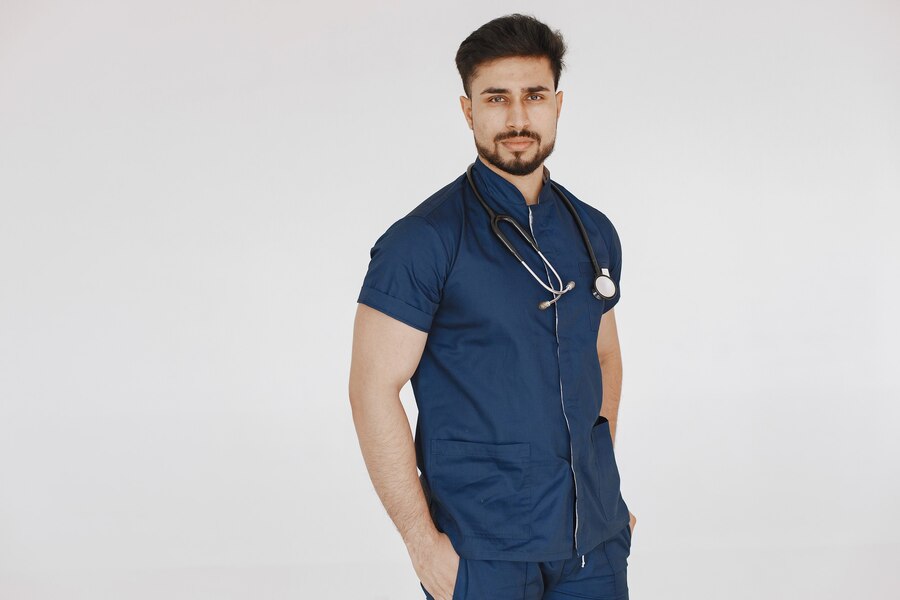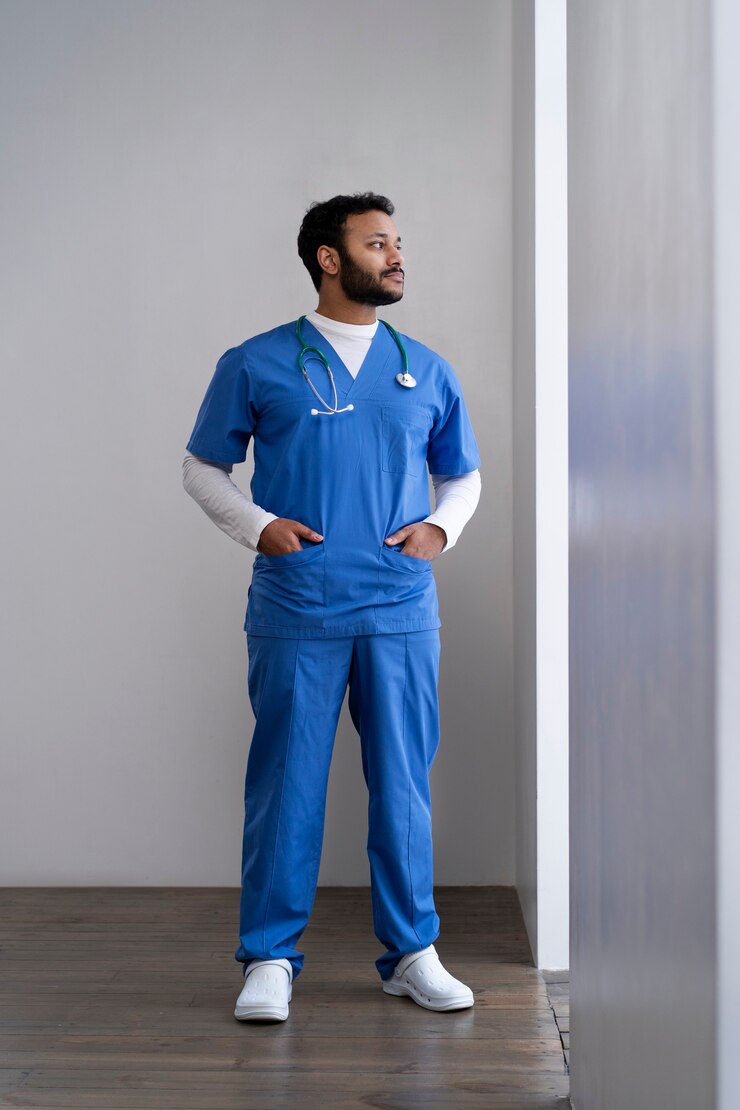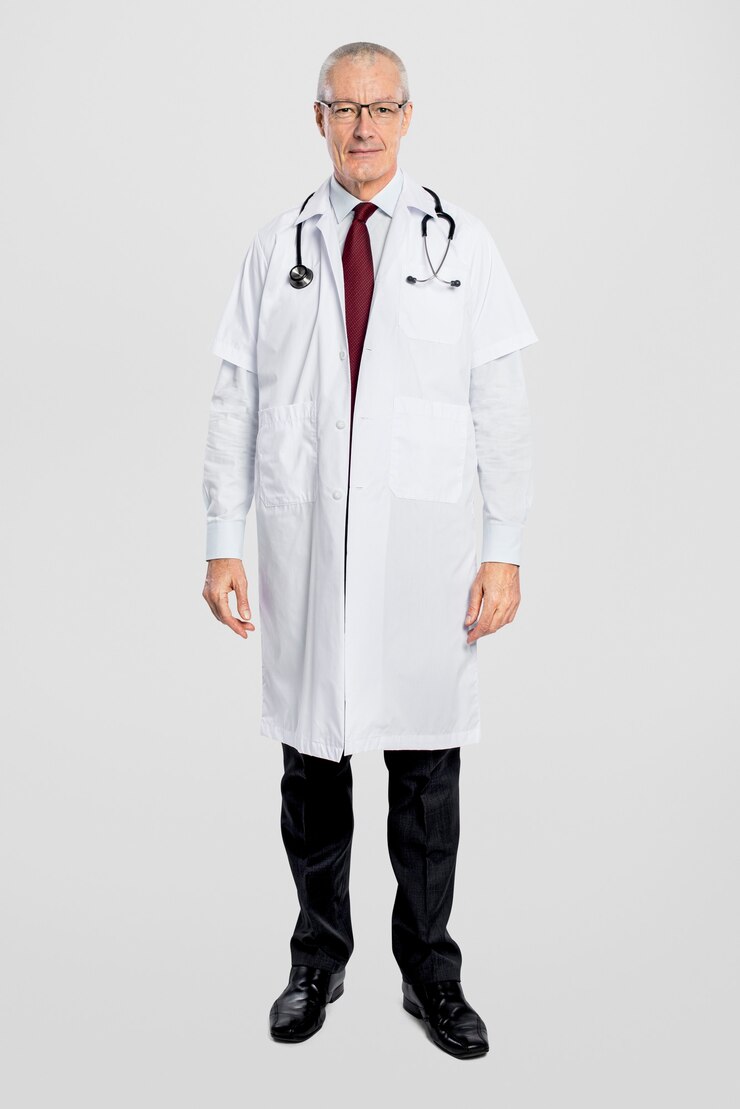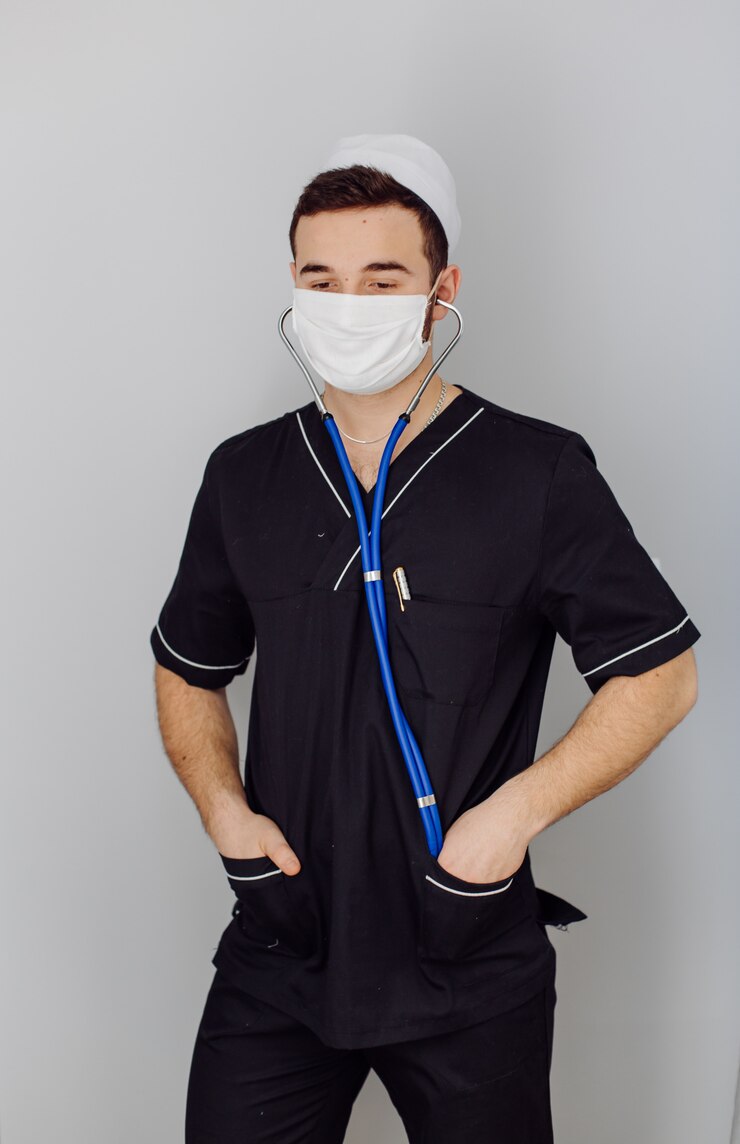
Podiatric PerformanceArchitecture
Advanced Support Systems for Extended Operational Deployment 2025
Revolutionizing Operational Performance Through Foot Health
Extended operational deployments place unprecedented demands on the human body, with foot health being a critical factor in maintaining peak performance. Our Podiatric Performance Architecture represents a paradigm shift in how we approach biomechanical support for professionals in demanding environments.
This comprehensive system integrates advanced materials science, biomechanical engineering, and physiological monitoring to create adaptive support solutions that evolve with operational demands, ensuring sustained performance and injury prevention throughout extended deployment periods.

Core Architecture Components
Our podiatric performance system is built on five fundamental pillars that work synergistically to optimize foot health and operational efficiency during extended deployments.
Dynamic Pressure Distribution
Advanced pressure mapping and redistribution systems that adapt in real-time to changing load patterns and operational demands, preventing hotspots and pressure-related injuries.
Biomechanical Optimization Engine
AI-powered analysis of gait patterns, stride mechanics, and movement efficiency to provide personalized support adjustments that enhance natural biomechanics.
Adaptive Cushioning Matrix
Smart materials that respond to impact forces and environmental conditions, providing optimal shock absorption and energy return for sustained performance.
Thermal Regulation System
Advanced temperature management through phase-change materials and moisture-wicking technologies that maintain optimal foot climate during extended operations.
Fatigue Monitoring Network
Integrated sensors that track physiological markers of fatigue and provide early warning systems to prevent performance degradation and injury risk.
Recovery Acceleration Protocol
Active recovery systems including compression therapy, circulation enhancement, and targeted muscle stimulation to accelerate recovery between operational periods.
Biomechanical Analysis Framework
Our comprehensive analysis system evaluates multiple biomechanical parameters to optimize foot performance and prevent injury during extended operational deployments.
Gait Pattern Analysis
Advanced motion capture and pressure sensing technology analyzes individual gait patterns, identifying inefficiencies and asymmetries that could lead to fatigue or injury during extended operations.
- Real-time stride analysis
- Pressure distribution mapping
- Asymmetry detection algorithms

Load Distribution Optimization
Dynamic load analysis ensures optimal weight distribution across the foot structure, preventing overloading of specific areas and reducing the risk of stress-related injuries.
- Multi-point pressure monitoring
- Adaptive support adjustment
- Predictive load modeling

Performance Degradation Prediction
Machine learning algorithms analyze physiological and biomechanical data to predict performance degradation before it occurs, enabling proactive intervention strategies.
- Fatigue progression modeling
- Early warning systems
- Intervention recommendations

Advanced Materials & Technology
Cutting-edge materials and technologies that form the foundation of our podiatric performance architecture, delivering unprecedented support and adaptability.
Smart Polymers
Shape-memory polymers that adapt to foot morphology and operational demands, providing personalized support that evolves with changing conditions.
Piezoelectric Fibers
Energy-harvesting fibers that convert mechanical stress into electrical energy, powering embedded sensors and active support systems.
Phase-Change Materials
Temperature-regulating materials that absorb and release heat to maintain optimal foot temperature during varying operational conditions.
Graphene Composites
Ultra-lightweight, high-strength materials that provide exceptional durability and conductivity for integrated sensor networks.
Extended Deployment Scenarios
Our podiatric performance architecture is optimized for various extended deployment scenarios, each presenting unique challenges and requirements.
Healthcare Facilities
12-16 hour shifts in hospital environments requiring constant mobility, standing, and rapid response capabilities.
Security Operations
Extended patrol duties and surveillance operations requiring sustained alertness and mobility over varied terrain.
Industrial Operations
Manufacturing and construction environments with prolonged standing, heavy lifting, and exposure to harsh conditions.
Performance Metrics & Validation
Comprehensive testing and validation results demonstrating the effectiveness of our podiatric performance architecture across multiple deployment scenarios.
89%
Fatigue Reduction
Compared to standard footwear
94%
Performance Retention
After 12-hour deployment
76%
Injury Prevention
Reduction in foot-related injuries
92%
User Satisfaction
Overall comfort rating
Validation Study Results
Study Duration
6 Months
Comprehensive field testing
Participants
1,247
Healthcare & security professionals
Deployment Hours
89,432
Total operational hours tested
Future Innovations
Emerging technologies and research directions that will further enhance podiatric performance architecture in the coming years.
Neural Interface Integration
Direct neural feedback systems that provide real-time communication between the foot and support system for unprecedented responsiveness.
Quantum Sensing Arrays
Ultra-sensitive quantum sensors that detect minute changes in pressure, temperature, and biomechanical stress at the molecular level.
Self-Healing Materials
Advanced polymers that can repair micro-damage autonomously, extending system lifespan and maintaining optimal performance characteristics.

Optimize Your Operational Performance
Experience the future of podiatric performance with our advanced support systems designed for extended operational deployment scenarios.